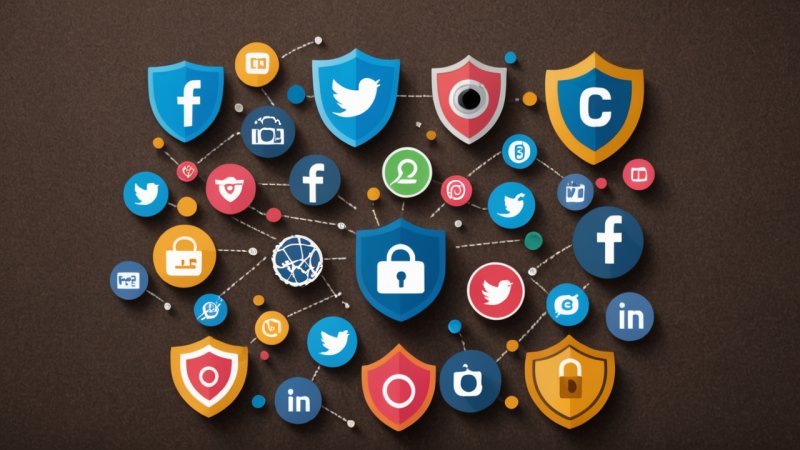In the modern digital age, influencers and content creators play a pivotal role in shaping opinions, trends, and behaviors across various platforms. However, this visibility also comes with significant cybersecurity risks. As the online landscape evolves, so do the tactics of cybercriminals seeking to exploit the vulnerabilities of public figures. Understanding these risks and implementing robust cybersecurity measures is essential for protecting personal data, brand reputation, and audience trust.
Influencers often share personal stories, lifestyle choices, and sometimes even financial information with their followers. This level of openness can make them attractive targets for identity theft, hacking attempts, and social engineering attacks. To mitigate these risks, influencers should prioritize their online security through various strategies.
First and foremost, strong password management is crucial. Influencers should use unique, complex passwords for each account and consider employing a password manager to keep track of these credentials. This prevents unauthorized access to accounts, which could lead to data breaches or malicious activities. Furthermore, enabling two-factor authentication (2FA) adds an extra layer of security. Even if a password is compromised, 2FA helps ensure that attackers cannot easily gain access without the second verification method.
Another vital aspect is being cautious about the information shared online. Influencers should think critically about the content they post, ensuring that they do not inadvertently disclose sensitive personal information that could be exploited. For instance, sharing real-time locations can invite unwanted attention or even stalking. Instead, consider posting location details after leaving a venue, and always be wary of sharing too much personal information.
Social media platforms are often targeted for phishing attacks, where cybercriminals impersonate trusted sources to steal credentials. Educating oneself about recognizing suspicious messages or links can prevent falling victim to such scams. Influencers should verify the authenticity of collaboration offers and double-check URLs before clicking on them.
Data privacy is another concern for influencers who often collect audience data for marketing purposes. It is essential to understand the regulations around data protection, such as GDPR or CCPA, depending on the audience's location. Influencers should ensure they are compliant with these regulations to protect their audience's data and avoid hefty fines.
Moreover, using secure platforms for content creation and management is imperative. Influencers should ensure that the tools and software they use for editing or scheduling posts have robust security measures in place. Regular updates and patches can help safeguard against vulnerabilities.
Finally, having a response plan in place is crucial in the event of a cybersecurity incident. Influencers should know how to react if they experience a security breach, including steps to secure their accounts, notify affected parties, and mitigate damage. Building a network of cybersecurity professionals who can provide guidance and support is also beneficial.
In conclusion, influencers and content creators must actively engage in cybersecurity practices to protect themselves and their audiences. By implementing robust password management, being cautious about shared information, educating themselves on phishing tactics, ensuring compliance with data privacy regulations, using secure platforms, and having a response plan in place, they can significantly reduce their vulnerability to cyber threats and maintain their credibility in the digital space.






